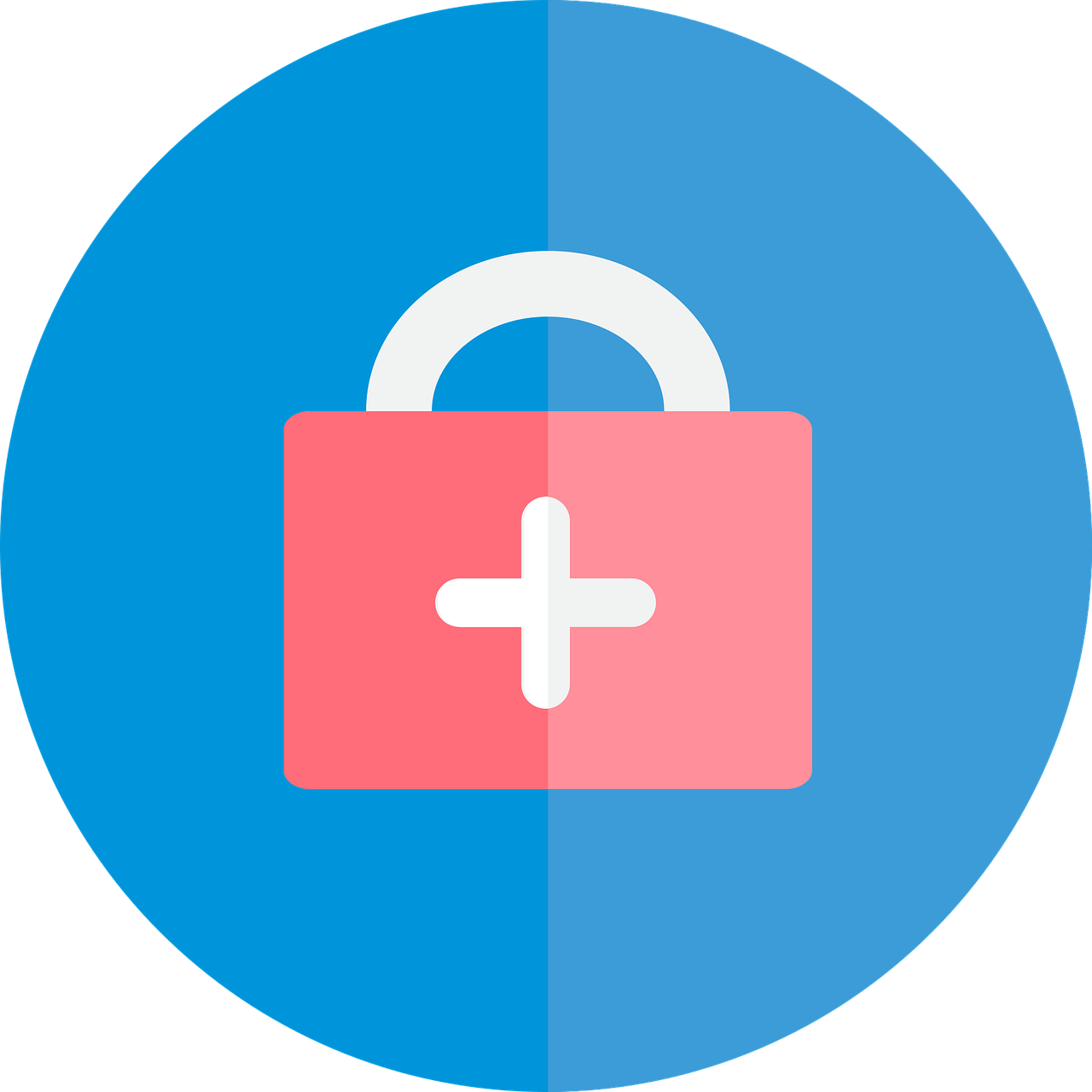How do you know what is classified as a dental emergency? This handy dental emergency guide by Vitality will help you know when you need to make an emergency dental appointment, what to do before you arrive and everything else you need to ensure your dental issue is taken care of safely and effectively.
Please note that Vitality offers out-of-hours emergency dental treatment to registered patients only, however if you experience any dental pain or trauma it is always best to call during practice hours so we can advise on the best course of treatment.
What is classed as a dental emergency?
We know that there are some people who dislike going to the dentist. Perhaps you’ve even been avoiding going because it’s so long since you last went and you’re worried what they might say. Perhaps you’re just not one to ‘make a fuss’ and ‘cause issues’, so you tend to let potential issues with your teeth go unchecked. Maybe budget strain makes you avoid unnecessary expenses. Regardless of your circumstances, it’s important to know when you can delay going to the dentist, and when it’s critical you get there as soon as possible. Knowing how to classify a dental emergency will also help you when making a booking, and empower you to make the best pre-care decisions for yourself.
Anything which results in abrupt, painful and visible damage to a tooth should be classified as a dental emergency. This could involve knocking out, or seriously loosening, a tooth due to a fall, accident in a contact sport, cracking or breaking a tooth, severe toothache and any signs that indicate infection that could be a potential abscess [this includes fever, dental pain or pain in your facial bones]. This also includes a sudden noticeable shift or collapse in any dental work you are currently having done- such as the sudden popping of a temporary filling, or the collapse of a crown– or have had done in the past.
Some may consider issues such as chipped teeth and lost fillings not causing immediate pain a dental emergency, as they have a severe impact on your looks and your ability to chew, but while this form of emergency does require swift intervention, it’s not grounds for an emergency visit allowing you to opt for a normal appointment time instead.
Still not sure if you have an emergency dental situation on your hands? Try this handy checklist dental emergency guide to see if your symptoms fit.
If a severe dental emergency occurs out of practice hours, don’t hesitate to visit the accident and emergency department if your pain is severe, your tooth has been knocked out of the mouth and you want to try and re-attach it, or if you are experiencing heavy bleeding.
Within office hours, start by contacting Vitality and attempt to get an emergency appointment. Remember that, for knocked-out teeth, you only have 2 hours to get the tooth reattached in the mouth so time is of the essence.
When it comes to the treatment of dental emergencies, your first session will likely be a ‘stop-gap’, designed only to minimise the immediate issues [reduce the fever, remove the infection, reseat the tooth etc.]. Follow up appointments will likely be required, and you may be referred to a specialist.
As an example, a lost and irreplaceable tooth may need the services of an oral surgeon to explore using implants cosmetically. The interventions may vary; however, depending on the exact nature of the accident- you may need simple fillings or restorations or surgery if jaw fractures have occurred.
What happens if I have a dental emergency on holiday?
Dental emergencies when you’re travelling can be trickier to navigate. Provided you are travelling to a modern country, you will likely have access to similar dental services as at home.
However, language can be a barrier in many areas. Using proper dental travel insurance can be key in ensuring that you are treated in timeously and in a manner designed to help your recovery. It’s always worth a dental health check-up before you travel to try and minimise the risk of issues while away.
What can I do on the way to my emergency dental appointment?
While you shouldn’t try to self-treat a dental emergency yourself, you will of course need to offer yourself supportive treatment on the way to the emergency appointment. If a tooth has been knocked out, make sure it does not dry out by keeping it in saliva or milk and get help immediately. If possible, you may wish to try and reseat it in the gum, after which you need to bite down on a strip of damp cloth or even a moist tea bag to help keep it stable until seen by the dentist.
For excessive bleeding in the mouth, try to gently dribble out the excess. You can also softly rinse the mouth with small amounts of lukewarm water to remove blood, debris and other material. Try not to poke, prod or otherwise disturb the site of the injury, in case you make it worse. Should something have become embedded within the gum, do not attempt to remove it yourself. Stabilise the foreign body if necessary, and seek proper medical care. If you suspect a broken jaw, you may need to stabilise the area with a suitable bandage and visit the A&E department.
You may use standard NSAID painkillers such as ibuprofen for pain relief. However, do not take these if you suspect concussion, and do be sure to let your dental practitioner know what you have taken if they give you any additional medication or sedate you, to ensure no complications arise. Use over the counter medications to help reduce a fever, as well as supportive actions like cold compresses. Be sure to take in enough fluids.
With the help of this dental emergency guide, you should be able to react swiftly to any possible dental emergency around you.


